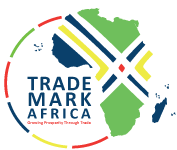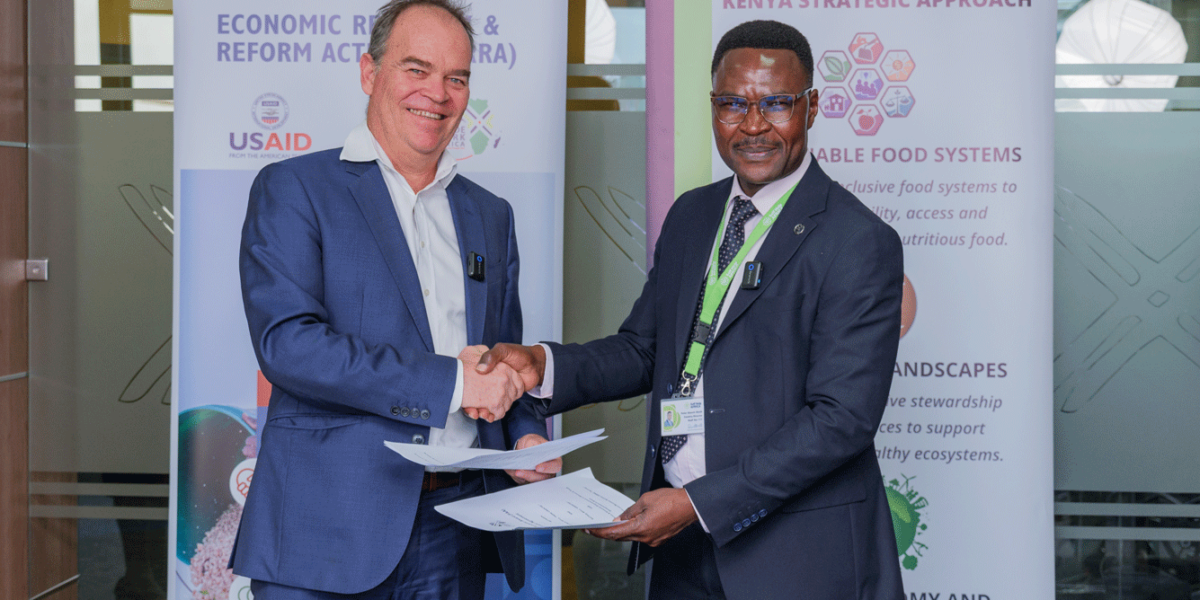Nairobi, Kenya. September 17, 2024 — A new $ 833,000 partnership between USAID, TradeMark Africa (TMA), and Self Help Africa (SHA) will increase trading capacity and sales income of 10,000 women and youth producers, aggregators, and Micro, Small, and Medium Enterprises (MSMEs) by improving their access to product standardization, certification, markets, and financial services.
The project, funded through the USAID Economic Recovery and Reform Activity (ERRA) at TMA, will be implemented in Kenya with a focus on promoting cross border trade with six counties that have a direct border with either Uganda or Tanzania, and an additional nine counties with trade links to those border counties. The six target counties are Busia, Bungoma, (Uganda border) and, Migori,Kajiado, Taita Taveta and Kwale (Tanzania Border), while the additional counties with trade links include Kilifi, Makueni, Machakos, Kitui, Siaya, Homabay, Baringo, Kisumu and Elgeyo-Marakwet.
Food security is a major priority for USAID. USAID’s ERRA activity targets agricultural value chains where a high number of women and youth trade at a national level, with potential for cross border export. Supported value chains include maize/baby corn, beans, green peas, sorghum, cassava, soybean, rice, groundnuts, mango, avocado, green grams, sweet potato, and eggs. Targeting these value chains and implementing activities that address specific barriers ensures increased inclusion of women and youth. Mark Priestley, ERRA Chief of Party, added, “This is a transformative venture through which we aim to have enterprises impacted, enhanced and aim to sustain inclusivity in trade in Kenya. We will be facilitating structured trade for 10,000 MSMEs and 30 SMEs, train selected women and youth SMEs to meet market quality requirements, build the capacity of 100 aggregators and 30 SMEs on digital marketing and e-commerce, and onboard 7,000 women and youth MSMEs (producers, aggregators) on digital trade platforms.”
Peter Okoth Alouch, Country Director, SHA stated “Self Help Africa will give the selected women and youth-owned enterprises bespoke skills through training, mentoring and linkages to trade opportunities in the areas of business planning, customer relationship management, financial systems management and others as identified during a capacity gap assessment. Each enterprise will undergo a detailed assessment according to the level of their business, to ascertain the key areas of the enterprise that require capacity building.”
In Kenya, agriculture holds immense significance, contributing a substantial 33% to the country’s GDP and providing employment to a significant portion of the population. Specifically, it employs 40% of the total population, with an even more pronounced presence in rural areas, where as much as 70% of the workforce consists of women and youth. Enabling women and youth to capitalize on trade opportunities while leveraging their substantial presence will anchor economic prosperity and resilience in Kenya.
-END-

